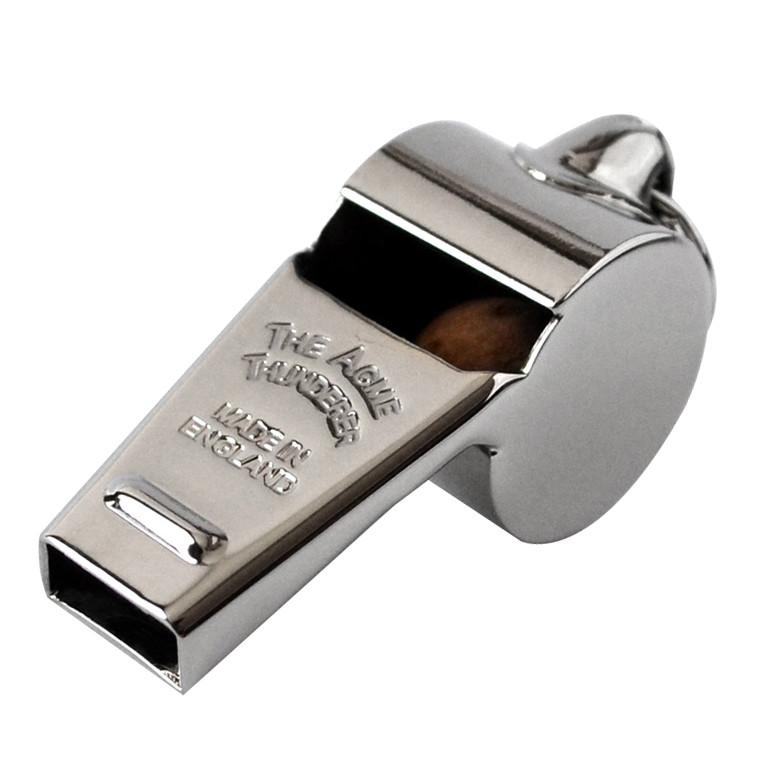Articles of Impeachment
I’m just a plainspoken Colorado criminal defense lawyer, but the way I see it:
Donald Trump tried to get his then-Attorney General Jeff Sessions to unrecuse himself so he could order the special counsel Robert Mueller to fuhgeddaboud 2016 and instead focus his investigation on preventing future election interference.
Thanks to a government whistle-blower, we now know that future election interference was exactly what the President himself was focused on.
These nine pages, the whistle she or he blew, need to be read by every American, and by every citizen of the world who cares for democracy. We have a republic, but only if we can keep it.

30 September 2019 @ 11:56 am
Per my last “comment”, it turns out that within the last few weeks they discreetly changed the language about what defines a whistleblower. Funny how that works out! Completely “under the radar”. New definition says you now can be considered a whistleblower if the information is 2nd hand or hearsay.
30 September 2019 @ 6:49 pm
My several times great uncle Mark Twain supposedly said that a lie can travel half way around the world while the truth is putting on its shoes.
I suppose that’s as much of a lie as this one, apparently initiated by The Federalist. The Office of the Inspector General of the Intelligence Community did not discreetly, or even indiscreetly, redefine a whistle-blower in order to accommodate this complainant.
In fact, the August revision of the complaint Form 401 tightened the requirement that there be personal knowledge of the complaint. The 24 May 2018 version of the form, referenced by The Federalist, required personal AND/OR direct knowledge of the events or records involved; the August 2019 revision calls for direct AND personal knowledge.
The Federalist account — I believe deliberately — showed only the “First-Hand Information Required” paragraph of the instructions to the whistle-blower, and not the section of the form itself where the whistle-blower is required to check ALL the ways he or she came by the information: personal and/or direct knowledge; from other employees; other sources.
A whistle-blower has always been required to have direct knowledge — the August revision adds the requirement that knowledge must also be personal. The instructions attached to the older form quoted by The Federalist state that the inspector general of the intelligence community won’t process the complaint if there is “nothing more than second-hand or unsubstantiated assertions.” The whistle-blower says he was not a direct witness to “most” of the events described — not that he was not a direct witness to any of them.
I don’t know where the instructions to the revised form are, only that they are now not attached to the online form offered by the Inspector General of the Intelligence Community. I’m guessing the IG still won’t act on a complaint based merely on second-hand or hearsay information, which wasn’t the case with this whistle-blower’s complaint, determined credible by the IG’s investigation.
And I’d bet my great-uncle’s reputation that the whistle-blower checked that direct and personal knowledge box.
29 September 2019 @ 6:22 pm
hmm, breaking news!(not)… trumps a dummy…. I read some of the “Whistleblower protection act” earlier this week and one of the first things it says is that a whistleblower has to have first hand information. This person states at the beginning of his complaint that all his information is 2nd and 3rd hand.